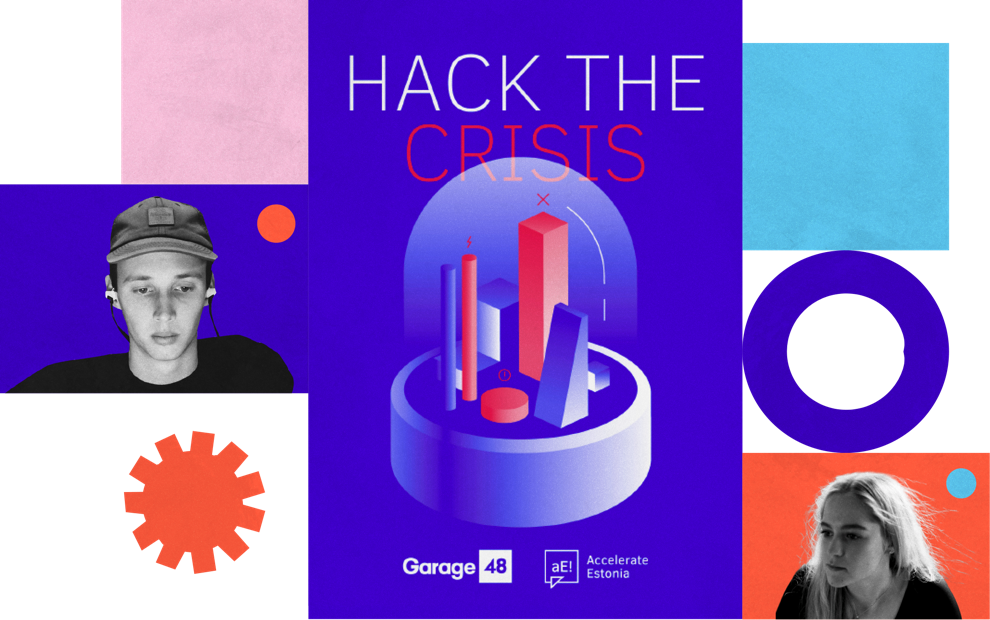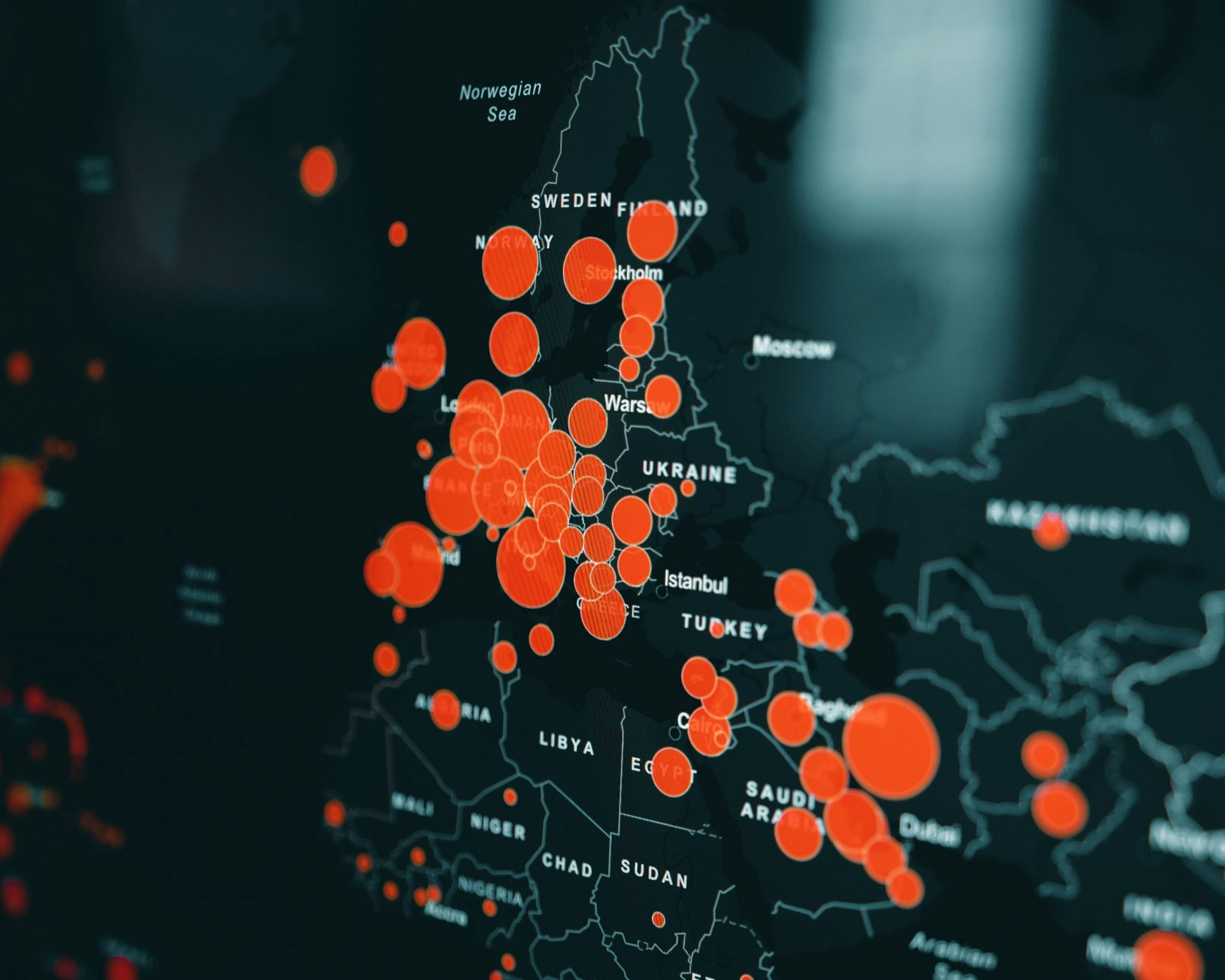Paul-François Fournier has a war chest. The head of innovation at France’s state-owned bank Bpifrance is one of the people responsible for distributing the extra €4bn that the national government has set aside to support startups during the coronavirus pandemic.
For him, it’s a no-brainer that the French government is doing the right thing by supporting fast-growing but largely loss-making tech in these difficult times, and that ultimately the country will be worse off if its startups flounder and die off in droves.
“The startup ecosystem is starting to have an impact on job creations, on the real economy, and startups play a role in helping more traditional industries accelerate their shift to digital,” he tells Sifted. “We’re all hands on deck to preserve these dynamics.”
It’s not so simple across the rest of Europe.
The generous French government policy is in marked contrast to those of many other European nations, with countries across southern and eastern Europe giving little specific help to startups.
In the UK, billions of pounds of funds have been announced to help small businesses, but largely cannot be accessed by unprofitable technology companies — much to the ire of many in the startup community who are campaigning for a better deal.
Meanwhile, in Brussels, startup associations are starting to try and put pressure on the European Commission to put together a unified response for startups across the political bloc.
Decade’s work
For France, measures are about not letting nearly a decade of efforts go to waste.
Even before the coronavirus pandemic, government organisation La French Tech led the way in Europe with its support package for startups. President Emmanuel Macron picked up where his predecessors left off: deploying tax breaks for innovative companies, encouraging research labs to turn their findings into business and pumping lots of money into startups.
Bpifrance alone financed some 4,000 startups last year, directly or indirectly, through the 100 or so investment funds it has invested in. While there’s no exact measure, it’s estimated that there are some 10,000 startups in France — that goes to show the extent of Bpifrance’s influence.
Over the years, the state-backed investor handheld venture capital funds into deploying early-stage, growth money, and more recently bulking up into pan-European powerhouses. The funds typically had an average portfolio size of €80m seven years ago, when Bpifrance was created — that’s more than tripled since.
“We’ve been taking these steps with a long term vision of the ecosystem in mind, but we can say our efforts have definitely started paying off already,” says Fournier. Before coronavirus hit Europe French startups raised €5bn in 2019, according to Bpifrance.
Pre-coronavirus forecasts had startups creating a fourth of all new jobs in France in 2020: that’s some 25,000 new jobs, according to Bpifrance’s estimates. And while these predictions are obviously upset by the current crisis, the goal is to get back on that path when the storm subsides.
VCs should get ready
The French government's liquidity plan for startups includes a short-term refinancing scheme (€160m), the early payment of some tax credits (€1.5bn), the accelerated payment of already-planned investments in the sector (€150m) and guarantees over cash flow costs (€2bn).
Fournier says that this is a temporary liquidity bridge though, and is not supposed to be a long-term crutch.
He says there’s about €10bn of “dry powder” in France — that’s money waiting to be deployed into startups of different sizes. He says VCs are sitting on lots of liquidity and should be ready to restart investments when visibility improves.
“It’s normal that as long as there is no visibility on this systemic crisis, VCs are focused on their portfolio and investments generally slow down,” says Fournier. “That’s why we stepped in to bridge the gap. It’s a transition plan — VCs should get ready for the next phase.”
While Bpifrance’s part in French startup financing, direct and indirect, is around 18% to 19%, its goal is to help spawn an autonomous venture capital ecosystem that will be less and less reliant on its contribution. Fournier says Bpifrance’s venture capital activity is “very profitable”.
Thinking long term
“When you’re thinking about a 10-year cycle you know a crisis will hit at one point or another,” says Fournier. “We’re guided still by our long-term ambition, so we’ll do everything we can to preserve the work that’s been deployed so far and make sure everything doesn’t crumble.”
The French government is likely to announce in a couple of weeks how many startups have applied for its bailout measures, and give some colour on the extent of the damage. “Some startups will fall, but we’re here to preserve as much of the long-term potential as possible,” says Fournier.
The big question for the rest of Europe is whether other governments will step and end up offering similar levels of support — and what will happen to the startup ecosystems of those that don’t.


